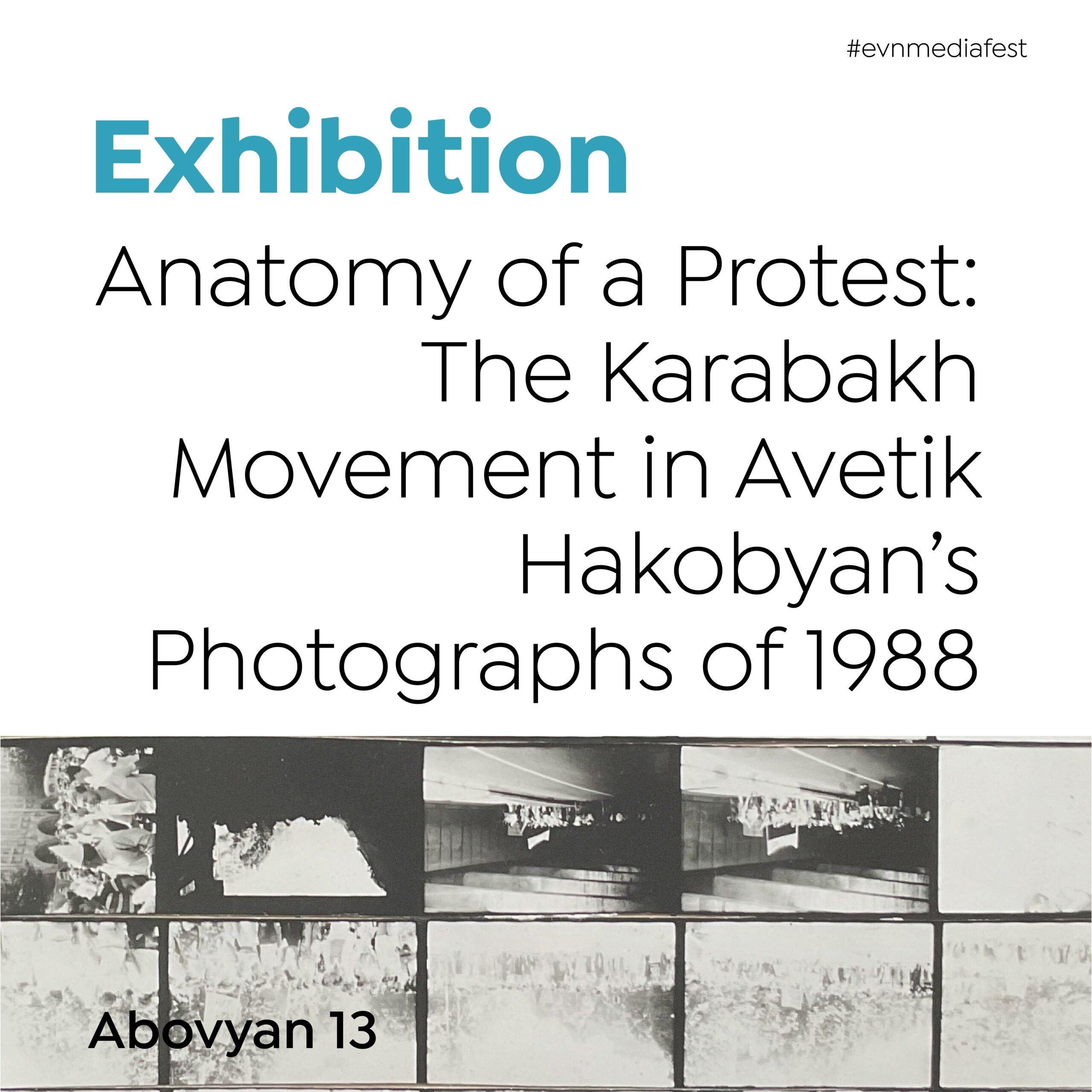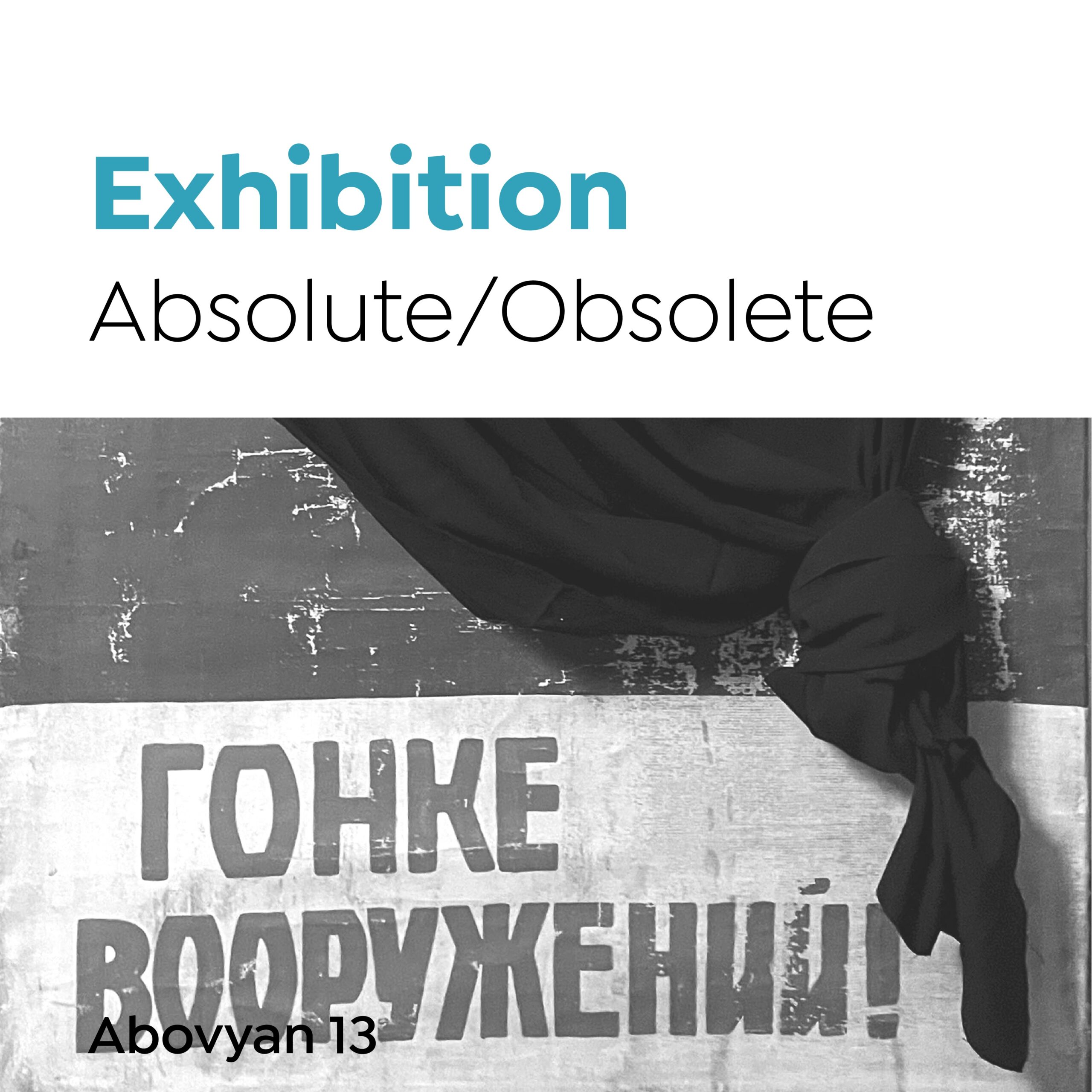
Listen to the article.
On April 16, the Armenian Government designated August 3 as Yezidi Genocide Commemoration Day. This year marks the tenth anniversary of the genocide committed by Islamic State in Iraq. Armenia becomes one of the first countries in the world to establish a commemoration day for the Yezidi Genocide.
In early August 2014, ISIS militants attacked the Yezidi community in the Sinjar region of northern Iraq, targeting them for their religious beliefs. As a result, more than 5,000 Yezidis were killed. Additionally, around 6,000 women and children were kidnapped and subjected to severe atrocities, including sexual slavery, forced conversions, and torture. It is estimated that more than 400,000 Yezidis were displaced from their homes, and over 2,600 women and young girls are still missing, believed to have been sold to Islamic extremists.
The United Nations and various human rights organizations have recognized these acts as genocide.
Targeted for Their Beliefs
Yezidis, or Yazidis, are scattered across vast areas in northern Iraq and Syria. Smaller communities are also found in Eastern Turkey, Germany, Armenia, Georgia and Russia. They generally lead a sedentary lifestyle, with some groups leading nomadic lives. The Yezidis speak a local variant of northern Kurdish (Kurmanji), which they refer to as ezidiki, or “the Yezidi language.”
The Yezidis have a distinct religious identity, a product of the Middle Eastern non-dogmatic environment. This environment, characterized by fluid religious beliefs and practices, were syncretic, and incorporated elements from various traditions and religions, without strict adherence to a single set of dogmatic principles. This environment allowed different religious ideas and practices to coexist and blend. This contributed to the unique and diverse nature of religious traditions like Yazidism, which incorporates elements of Christianity, Gnosticism, Islam, Zoroastrianism, aspects of ancient Mesopotamian religions, and other traditions.
Yezidis are monotheistic and believe in a single god. They refer to their supreme being as Yasdan who, being considered too exalted, is not worshiped directly. Yasdan is perceived as the Creator of the world and a passive force, with seven great spirits emanating from him. The most significant of these is Melek Tawus (also known as the Peacock Angel), the first of seven archangels created by God. Melek Tawus is tasked with overseeing the world. This link with early Christianity, where the peacock symbolizes immortality, is evident in Yazidism, as Melek Tawus is viewed as God’s alter ego.
The veneration of Melek Tawus is central to the Yezidi religion. Often, Yezidis are referred to as milate Melek Tawus – the nation or tribe of Melek Tawus. Outsiders have frequently misinterpreted and misrepresented Yezidi beliefs about Melek Tawus, leading to their persecution and discrimination. This misconception results from the Peacock Angel’s characteristics being associated with Satan, leading to Yezidis being inaccurately labeled as pagans and devil worshippers. Many individuals consider Melek Tawus as the embodiment of the lord of darkness. For example, in the Yezidi text “The Black Scripture,” Melek Tawus is equated with Azrael, the angel of death, one of the four archangels closest to God. The same text depicts Melek Tawus as a fallen angel, cast out of heaven for disobeying God’s command and deceiving Adam.
The secrecy of Yazidi practices has led to numerous misunderstandings. Most traditions are orally transmitted, and while several scriptures now exist in written form, the religion remains deeply rooted in lore. This makes it challenging to study and contributes to many misconceptions, which have facilitated centuries of persecution, especially within Hanbali Muslim communities.
The Importance of Commemorating Genocides
The Armenian Genocide and the Holocaust marked the first half of the 20th century. Despite the adoption of the 1948 UN Convention on the Prevention and Punishment of the Crime of Genocide, genocides have continued to be perpetrated — the 1975 Cambodian Genocide, the Srebrenica massacre in 1995, and the Darfur Genocide in 2003.
Human Rights lawyer Sheila Paylan believes that commemorating genocides and remembering their victims is crucial in preventing future genocides.
“There is no way that it doesn’t have a preventive effect to some extent. To what extent, it’s difficult to say,” says Paylan, adding that commemoration of genocides is also a way of promoting justice.
Besides advocating for international recognition for the Armenian Genocide, Armenia actively participates in global efforts to prevent genocide and raise awareness. Armenia’s Ministry of Foreign Affairs underscores genocide prevention as an important foreign policy issue.
In December 2022, Armenia hosted the Fourth Global Forum Against the Crime of Genocide and had previously initiated and organized the Forum in 2015, 2016 and 2018. The country collaborates with the Global Action Initiative for the Prevention of Mass Atrocity Crimes (GAAMAC) and other international forums addressing this issue. To prevent genocides and avoid their recurrence, Armenia also works with various UN structures and regularly proposes genocide prevention resolutions within the UN.
For Paylan, the primary reason for commemorating genocides is to remember the victims is to acknowledge their humanity. “In the context of the genocide they [victims of genocide] were dehumanized, treated as less than human, so to really acknowledge the depth of their suffering, that they were human, and ensure they are never forgotten,” says Paylan.
Additionally, genocide commemorations serve an educational purpose, informing people about what happened. They also promote healing by allowing direct survivors and their families, as well as descendants of genocide survivors, to commemorate their ancestors.
Given Armenia’s tragic history involving the genocide of 1.5 million Armenians by the Ottoman Empire, and the presence of a Yezidi community in Armenia, it is not surprising that Armenia would designate a day to commemorate the Yezidi tragedy.
“People who suffer genocides recognize each other’s pain,” says Paylan, adding that commemorating the Yezidi Genocide brings them into the global support system. She further explains that it is also an opportunity for Armenia, usually seeking assistance, to offer support. According to her, this is a powerful stance to take, which can also contribute to their own healing. “We can support others who have suffered similarly. And I think that’s very powerful.”
References
Asatrian, G. S., & Arakelova, V. (2014). The Religion of the Peacock Angel: The Yezidis and Their Spirit World. Routledge.
Also see
Genocide 2.0: Old Threats, New Delivery?
Davit Khachatryan focuses on the changing dynamics surrounding genocide, particularly in light of modern warfare tactics and weaponry, emphasizing the importance for Armenia to be vigilant in response to emerging threats.
Read moreEthnic Cleansing, Genocide or Displacement?
This article explores the most accurate term to describe the de-Armenization of Nagorno-Karabakh by comparing various perspectives and examining the legal and political applicability of these terms.
Read moreEVN Report
Media Festival



The exhibitions will be open during the Festival, May 30-June 2.
See the full Program.



